Key Takeaways
- Natural ant predators include spiders, beetles, birds, and mammals.
- Encouraging these predators can help manage ant populations naturally.
- Combine natural predators with targeted pest control for best results.
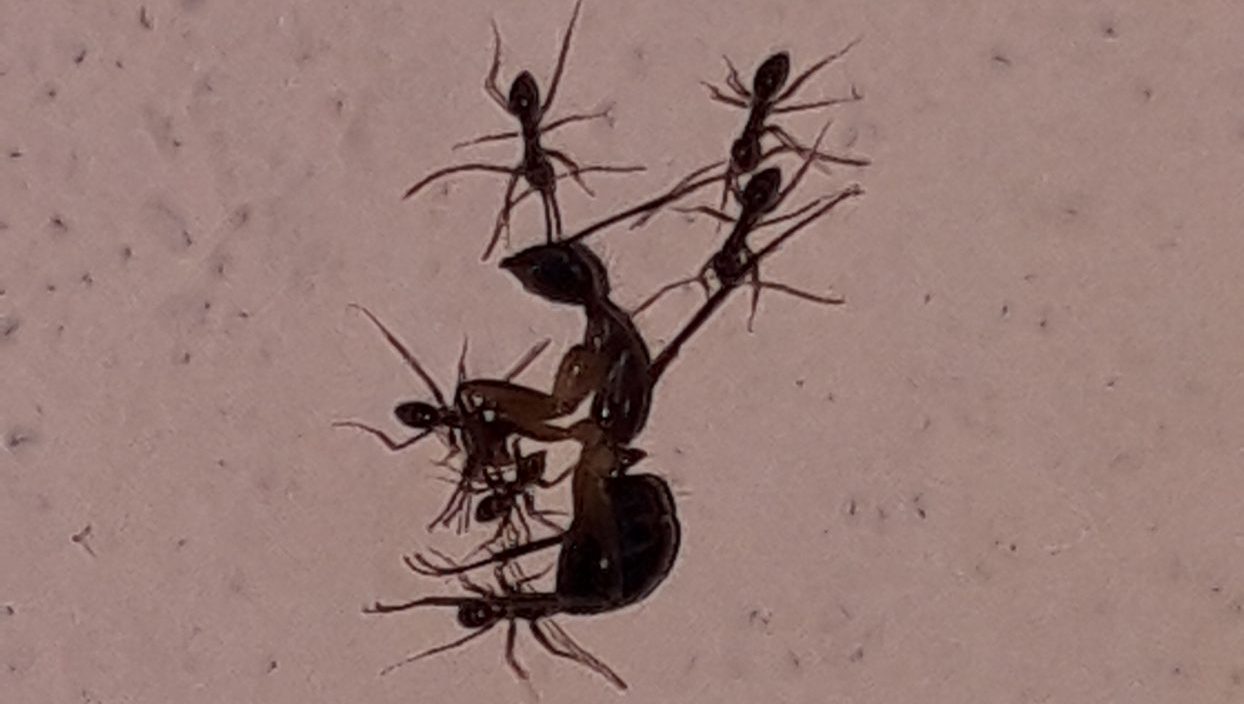 Ants are among the most common pests that can invade homes and gardens. While they are fascinating creatures, their ability to multiply and thrive can frustrate homeowners. However, ants do not exist unchecked in nature. They have natural predators that play a significant role in keeping their populations under control.
In this article, we’ll explore what eats ants, the predators that help manage their numbers, and how they contribute to pest control and ecological balance.
Ants are among the most common pests that can invade homes and gardens. While they are fascinating creatures, their ability to multiply and thrive can frustrate homeowners. However, ants do not exist unchecked in nature. They have natural predators that play a significant role in keeping their populations under control.
In this article, we’ll explore what eats ants, the predators that help manage their numbers, and how they contribute to pest control and ecological balance.
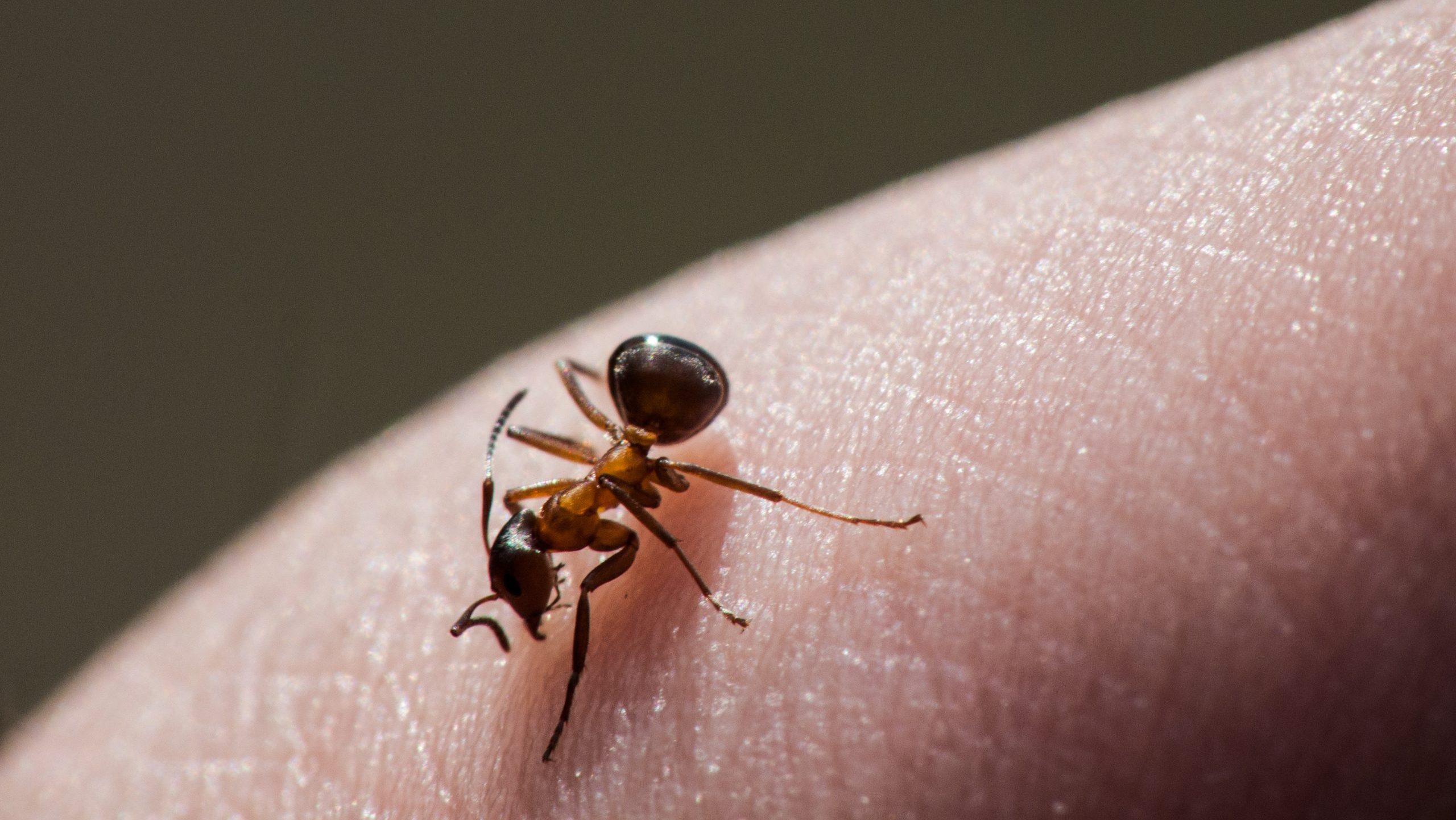

Not getting a solution?
Get your free pest control estimate today!Why Are Ants So Common?
Ants are social insects that live in large, highly organized colonies consisting of thousands of members. They thrive in nearly every environment on Earth, demonstrating extraordinary adaptability. Their small size and mobility enable them to infiltrate even the tiniest cracks in search of food and shelter. Ants’ structured colonies, with distinct roles for workers, queens, and males, ensure efficient resource gathering and reproduction. Their resilience allows them to adapt to diverse environments, from dense forests to urban homes.Ant Predators
Ants face a surprising array of natural predators, each playing a role in controlling ant populations across different ecosystems. From airborne hunters to ground-dwelling creatures, these predators help maintain ecological balance by preying on ants. Below, we’ll explore some of the most common animals that eat ants, highlighting how they contribute to natural pest management. Insects Several insects are natural predators of ants, helping to regulate their populations. Spiders, such as jumping spiders, ambush ants or trap them in strategically placed webs. Ground beetles specialize in hunting ants during scavenging trips, while yellowjacket wasps use their speed and coordination to overpower their prey. Opportunistic predators like robber flies also target ants, particularly during foraging, making these insects crucial in natural pest control. Mammals Mammals like anteaters and small burrowing animals significantly impact ant populations. Anteaters consume thousands of ants in a single feeding session, using their long snouts and sticky tongues to extract ants from nests. Small mammals like shrews and moles dig into ant nests, feeding on ants, larvae, and pupae. These mammals not only keep ant populations in check but also contribute to ecological balance.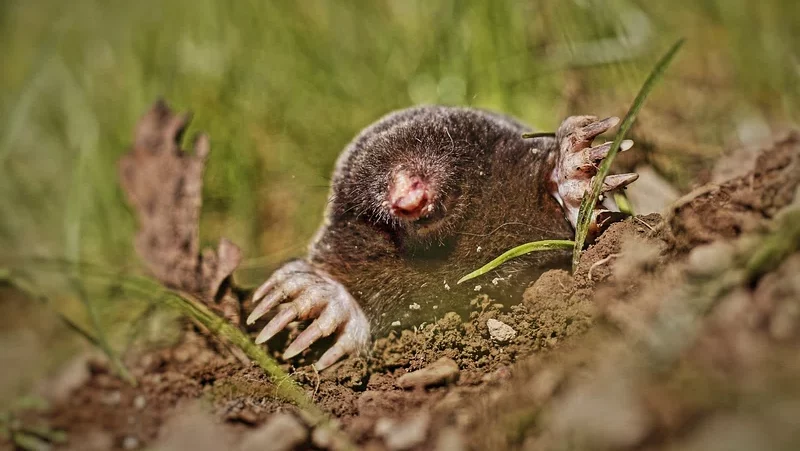 Birds
Birds play a dual role in controlling ant populations and maintaining ecosystem balance. Woodpeckers forage for ants hidden in tree trunks, consuming larvae, pupae, and adult ants. Songbirds like sparrows and robins hunt ants on the ground and in vegetation. Additionally, some birds exhibit “anting,” rubbing ants on their feathers to utilize formic acid as an insect repellent, reducing ants’ presence indirectly.
Reptiles and Amphibians
Reptiles and amphibians are efficient ant predators in many ecosystems. Lizards, such as geckos and skinks, actively hunt ants, using their agility and speed to capture them. Frogs, especially in moist environments, also consume ants as part of their diet. By preying on ants, these reptiles and amphibians help maintain ecological balance, particularly in areas with high ant activity, ensuring healthy ecosystem dynamics.
Maintaining a balanced insect ecosystem in your garden can help naturally manage ant populations. Visit our Ant Control, Species, and DIY Guide sections for more resources on ants and other common pests.
Birds
Birds play a dual role in controlling ant populations and maintaining ecosystem balance. Woodpeckers forage for ants hidden in tree trunks, consuming larvae, pupae, and adult ants. Songbirds like sparrows and robins hunt ants on the ground and in vegetation. Additionally, some birds exhibit “anting,” rubbing ants on their feathers to utilize formic acid as an insect repellent, reducing ants’ presence indirectly.
Reptiles and Amphibians
Reptiles and amphibians are efficient ant predators in many ecosystems. Lizards, such as geckos and skinks, actively hunt ants, using their agility and speed to capture them. Frogs, especially in moist environments, also consume ants as part of their diet. By preying on ants, these reptiles and amphibians help maintain ecological balance, particularly in areas with high ant activity, ensuring healthy ecosystem dynamics.
Maintaining a balanced insect ecosystem in your garden can help naturally manage ant populations. Visit our Ant Control, Species, and DIY Guide sections for more resources on ants and other common pests.
How to Attract Natural Ant Predators to Your Yard?
Encouraging natural ant predators in your yard can be an eco-friendly way to manage ant populations. Planting native vegetation is a key strategy, as it attracts beneficial insects, birds, and animals that eat ants.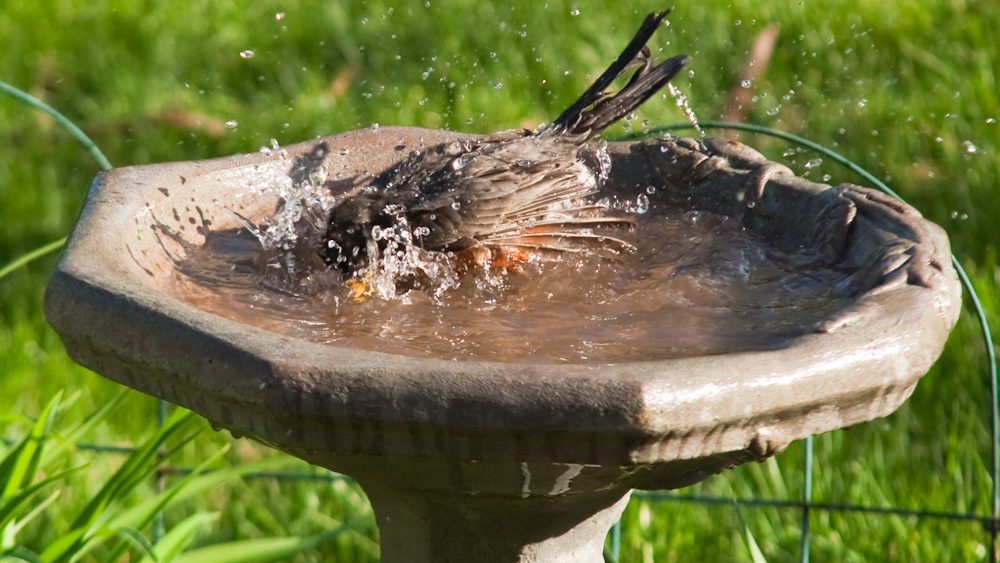 For example, flowers can draw birds, while shrubs provide shelter for lizards, both of which contribute to natural pest control. Adding a small water source, such as a birdbath or shallow dish, can attract frogs, birds, and insects that rely on water and also feed on ants. Avoid using chemical pesticides, which can harm beneficial species, to make your yard more inviting for these predators.
Natural ant predators are helpful if there is a small population of ants in your yard. For a full-fledged ant infestation, consider consulting pest control professionals. Our team can provide a customized approach to protect your home effectively.
For example, flowers can draw birds, while shrubs provide shelter for lizards, both of which contribute to natural pest control. Adding a small water source, such as a birdbath or shallow dish, can attract frogs, birds, and insects that rely on water and also feed on ants. Avoid using chemical pesticides, which can harm beneficial species, to make your yard more inviting for these predators.
Natural ant predators are helpful if there is a small population of ants in your yard. For a full-fledged ant infestation, consider consulting pest control professionals. Our team can provide a customized approach to protect your home effectively.
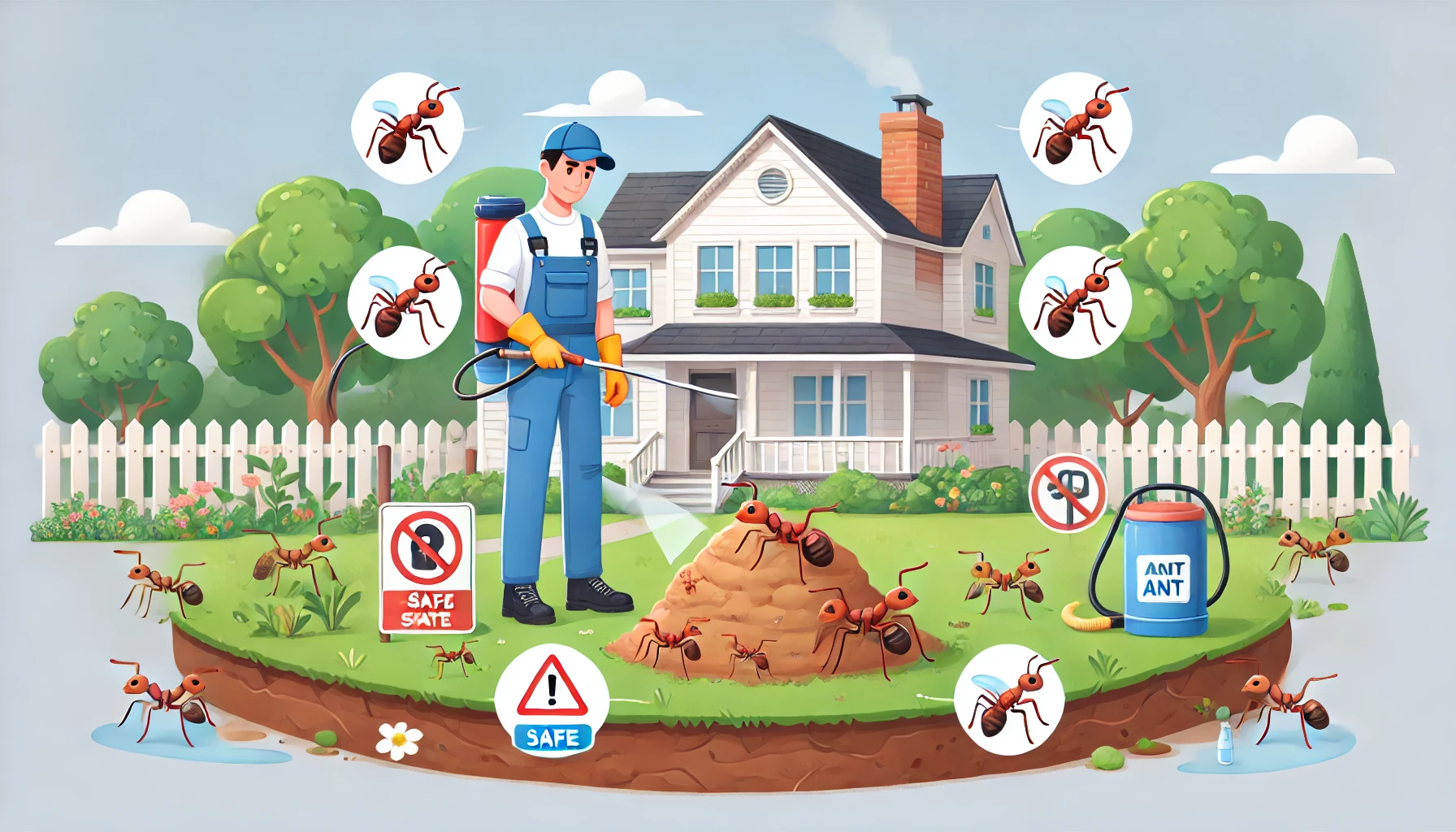
Myths and Facts About Ant Predators
There are many misconceptions about what eats ants and how effectively these predators control their populations. Below, we clarify some common myths and present the facts to help you better understand ant predators and their role in the ecosystem.| Myth | Fact |
|---|---|
| Only large animals eat ants. | Many small animals, such as birds and insects, are effective ant predators. Size doesn’t determine their predatory capability. |
| Ant predators are harmful to gardens. | Most ant predators, like birds and beneficial insects, help maintain a balanced ecosystem and are beneficial to gardens. |
| Introducing predators always controls ant populations. | While predators contribute to controlling ants, a balanced ecosystem with multiple management strategies is typically more effective. |
| All birds eat ants. | Only certain bird species feed on ants regularly. Others may eat ants occasionally but have different primary diets. |
| Ant predators are pests themselves. | Birds, lizards, and beneficial insects are part of a healthy ecosystem and naturally help control pests without being pests themselves. |





